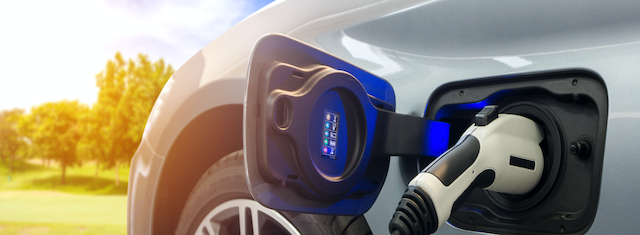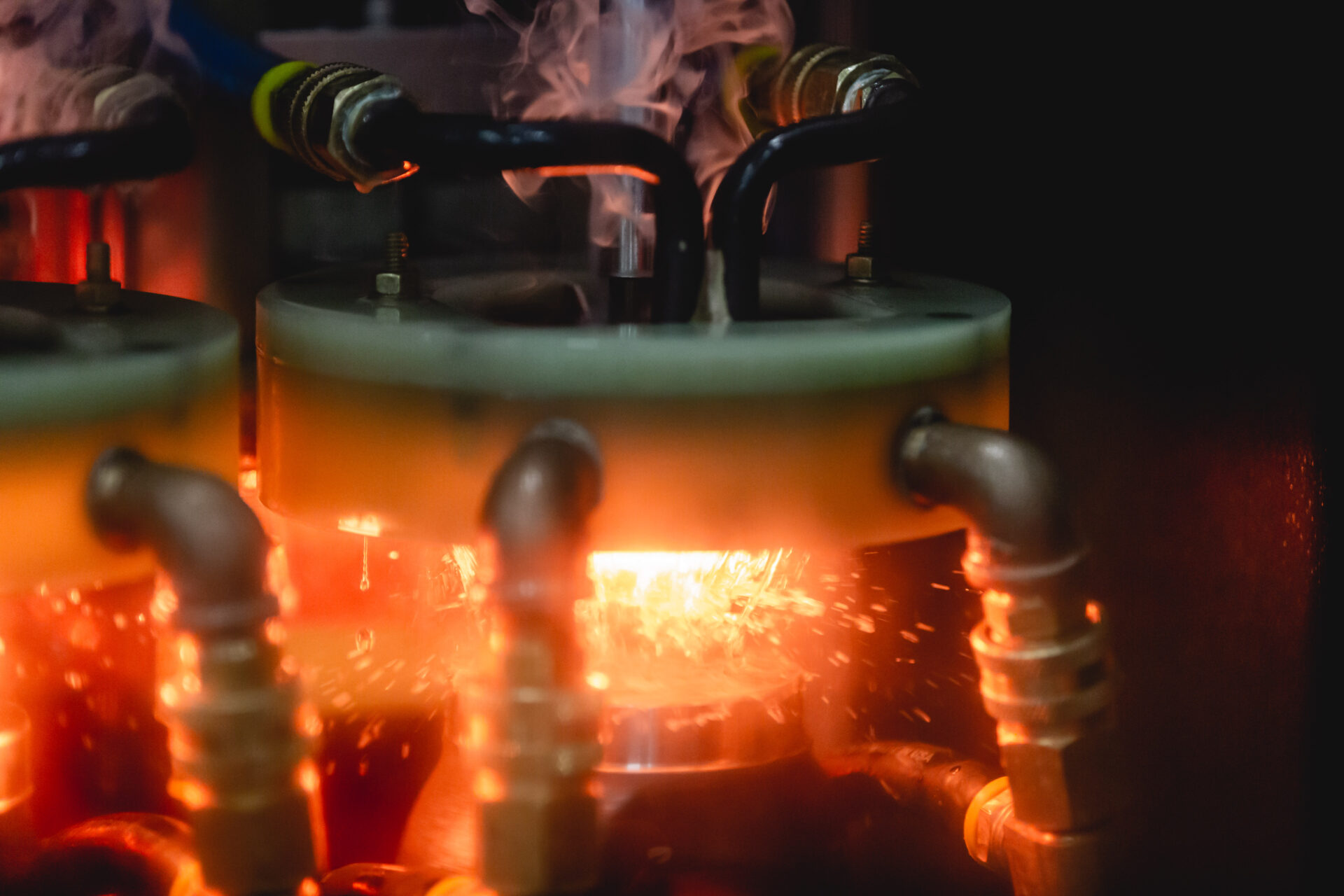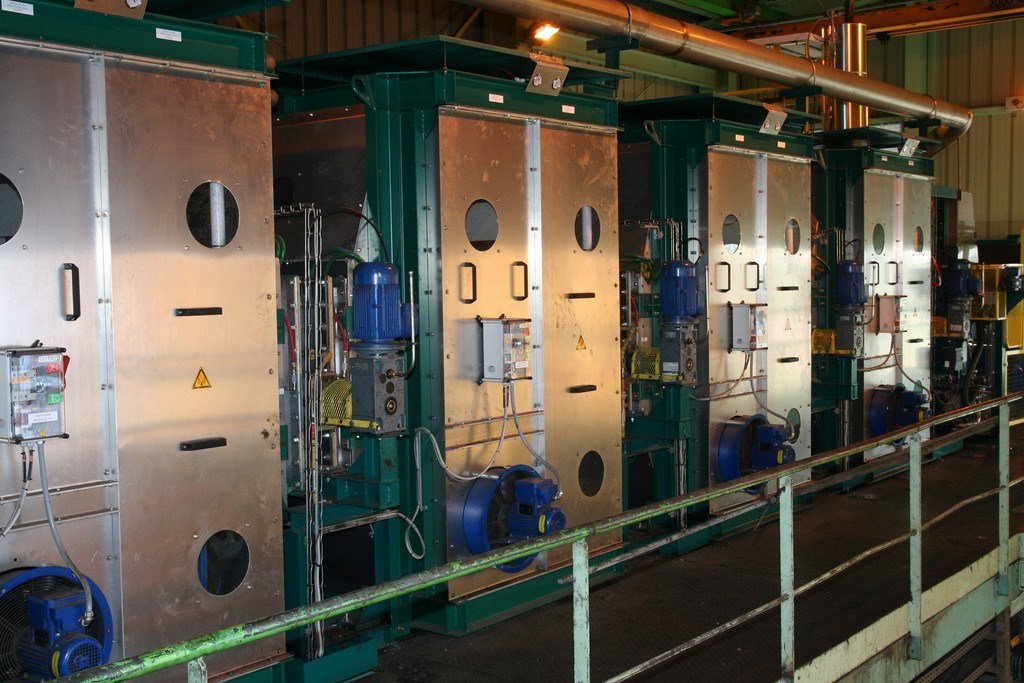Induction Technologies for Electric Vehicles (EV)

Green, Lean and Efficient: Induction Technologies for the Automotive and EV Industries
An average vehicle with an internal combustion engine contains roughly 30,000 parts, simple to complex, small to large, thousands of which are produced from steel, aluminum, and a range of specialty metals and alloys. To reach a finished state, each one of those metal parts passes through some application of thermal processing – melting, forging, casting, heat treating and more. Within Inductotherm Group, we are keenly aware of our role in this massive industry – and the parts we play in producing stronger yet lighter components with ever increasing quality standards. And while EV (electric vehicle) engines significantly reduce the number of moving parts, many components will require complex and more sophisticated materials.
Induction Heating, heat treating, and welding are and will remain critical technologies for the automotive and EV industries. They allow for greener and leaner production of EVs while still delivering demanding quality standards.
Electric vehicles produce instant and much higher torque over internal combustion vehicles when accelerating or changing speed. Because of this, powertrain components such as gears, shafts, and joints must be strengthened to withstand the additional load and stresses. Induction heating can properly address this requirement by ensuring superior strength and improving other mechanical characteristics over alternative methods such as carburization.
Induction Heating Applications
- Induction Hardening for shafts, gears, rods and beams
- Induction Shrink Fitting for bearings, rotors, pulleys and stators
- Induction Rotor Curing for varnish, wax, paint and powder coat
Induction welding is used in the manufacture of numerous automotive and EV components – suspension and safety components, weld tubular components and lightweight components – while keeping within green manufacturing initiatives and upholding demanding quality standards.
Induction Welding Applications
- Induction HF Welding for welded tubular components
- Induction HF Welding for seat frames, steering wheel columns, brake lines and cooling systems
- Induction HF Welding for suspension components and bumper and frame hollow structural sections
While there may be fewer components in EV vs. ICE, electric vehicles are typically significantly heavier prompting the EV industry to look for lighter materials with improved mechanical properties. Induction and Transverse Flux heating methods are critical for the manufacture of these innovative and lightweight materials.
Induction Heating for Advanced High Strength Steel (AHSS) Applications
- Transverse Flux Heating for sill reinforcements, pillars, and side impact beams
- Induction Heating for chassis and transmission components
For more information on Inductotherm Group’s products and services for the automotive and EV markets, email: info@inductothermgroup.com.

Inductoheat embraces break-through technologies and manufactures the most robust induction heating systems for the Automotive and Electric Vehicle Markets.

Thermatool provides superior induction welding equipment for the manufacture of hundreds of automotive and EV components.
